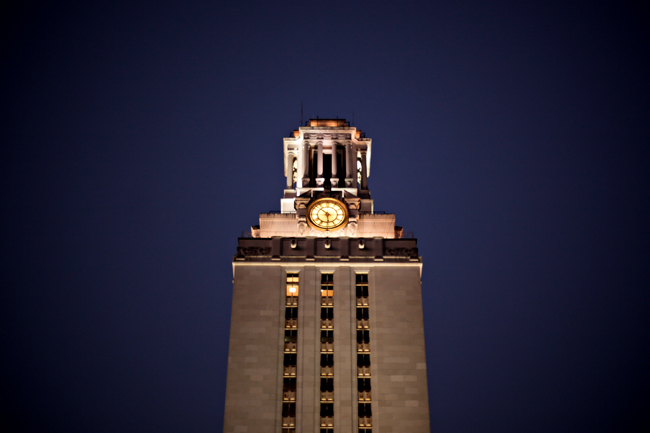Throughout the 20th century, liberals fought for the expansion of First Amendment rights. From loosening obscenity laws in Miller v. California to upholding the right to assemble in NAACP v. Alabama, the Supreme Court has moved to a position where very few crucial limits on free speech are recognized. In Texas v. Johnson, even flag-burning was recognized as symbolic speech protected under the First Amendment. These cases have expanded the First Amendment to encompass all manners of political speech, expression and protest that it does today. However, many want to potentially alter this legacy through a misguided prohibition of hate speech.
What constitutes free speech is under debate. Groups such as the Austin International Socialist Organization suggest that allowing such vitriolic language does not enhance debate and merely contributes to a culture of violence. In this context, a ban on hate speech can be seen as an expansion of legal protections to minorities, extending the concept of protected groups — such as race, religion, sex and national origin — as declared by the Civil Rights Act of 1964. Alternately, such a ban could even be seen alongside current prohibitions on libel and slander. However, this would stand in opposition to decades of fighting for the expansion of free speech.
A law prohibiting hate speech would violate the Constitutional principles of our society and has very dangerous ramifications. While direct threats to individuals must be prohibited, speech that is distasteful yet political should be combated with more free speech. Instituting such a ban on hate speech would put free speech at the mercy of lawmakers. The nebulous laws that would follow could be expanded to suppress dissenting political opinions.
Biochemistry freshman Thomas Le, whose family immigrated from Vietnam, warned, “In Vietnam, many people are censored and told to keep quiet about the true corrupt nature of the Communist political system.” While the United States is not on the verge of totalitarianism like Vietnam, free speech remains an important cornerstone of democracy by keeping the government transparent. The Washington Post’s coverage of the Watergate scandal is a prime example of how free speech and freedom of the press proved to be a useful check on corruption during the Nixon administration.
Thurgood Marshall, the first African-American Supreme Court justice, stated that “above all else, the First Amendment means that government has no power to restrict expression because of its message, its ideas, its subject matter, or its content.” Honest and open debate functions as a better tool to win over the hearts and minds of those with whom we disagree. As a nation, we must become more willing to hear each other’s political differences and not allow such arguments to tear us apart.
Bolsius is a computer science freshman from Round Rock.





















